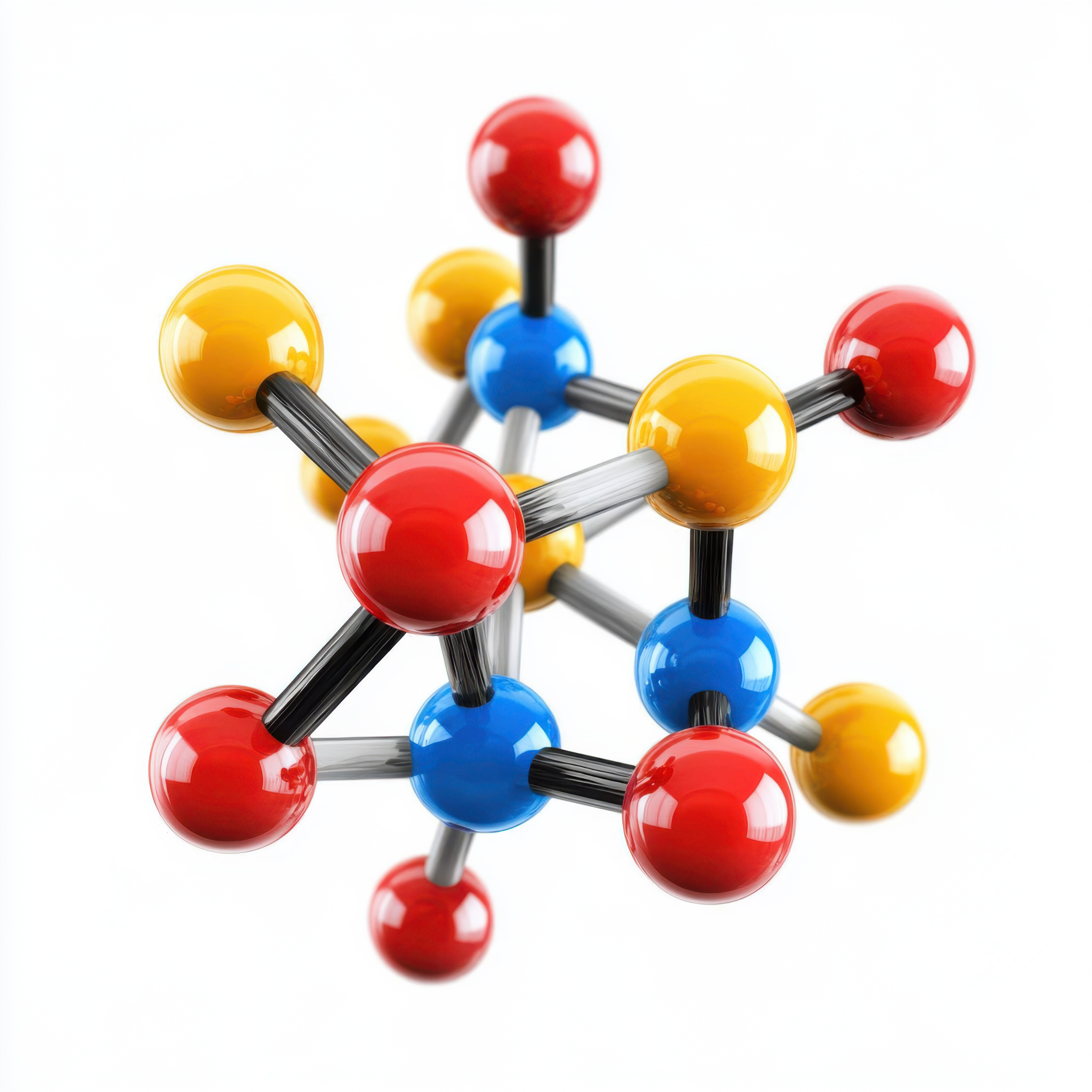Cholesterol Unveiled: 10 Surprising Ways It Shapes Your Health
Cholesterol often finds itself at the center of health discussions, typically cast in a negative light. However, this waxy substance plays a nuanced role in the human body, crucial to maintaining overall health and well-being. Cholesterol is not inherently bad; it is an essential component of cell membranes and serves as a precursor for the synthesis of hormones, vitamin D, and bile acids. The complexity of cholesterol's role in the body is akin to a hidden dance, where balance and harmony are key. This article delves into the intricate dynamics of cholesterol, offering ten insights into its impact on your body. From its biochemical functions to its influence on cardiovascular health, we aim to unravel the mysteries surrounding cholesterol, providing you with a comprehensive understanding of this vital substance.
1. The Biochemical Role of Cholesterol

Cholesterol is a lipid molecule that is indispensable for various biological functions. It is a structural component of cell membranes, contributing to their fluidity and integrity. This structural role is vital for the proper functioning of cells, influencing membrane permeability and the activity of membrane-bound proteins. Cholesterol also acts as a precursor for the synthesis of steroid hormones, including cortisol, aldosterone, and sex hormones like estrogen and testosterone. These hormones regulate a myriad of physiological processes, from metabolism and immune response to reproductive functions. Additionally, cholesterol is involved in the production of vitamin D, which is crucial for bone health and immune function. The liver converts cholesterol into bile acids, which are essential for the digestion and absorption of dietary fats. Understanding these biochemical roles highlights the necessity of cholesterol in maintaining health and underscores the importance of regulating its levels in the body.
2. Good vs. Bad Cholesterol: Understanding the Difference

Cholesterol is transported in the bloodstream by lipoproteins, which are classified into two main types: low-density lipoprotein (LDL) and high-density lipoprotein (HDL). LDL is often referred to as "bad" cholesterol because high levels can lead to the buildup of plaque in the arteries, increasing the risk of cardiovascular diseases. This process, known as atherosclerosis, can result in heart attacks and strokes. Conversely, HDL is known as "good" cholesterol because it helps remove excess cholesterol from the bloodstream, transporting it back to the liver for excretion. A higher level of HDL is associated with a lower risk of heart disease. The balance between LDL and HDL is crucial; maintaining optimal levels of both is essential for cardiovascular health. This distinction between good and bad cholesterol is fundamental to understanding how cholesterol impacts your body and why monitoring its levels is critical.
